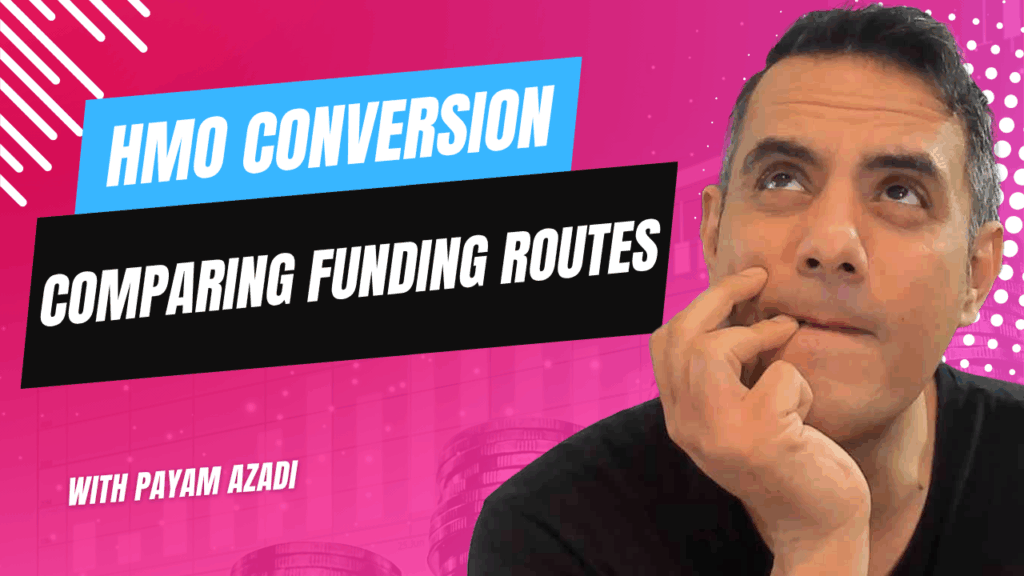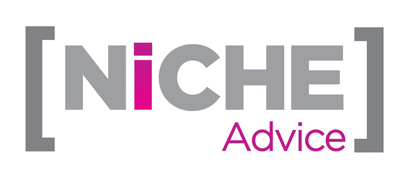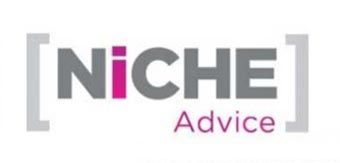
Compare HMO Conversion Finance Costs: Two Main Funding Routes Explained
The story of HMO Conversion projects – In 2024, the number of mandatory and additional HMO licenses that were granted across Great Britain was 23,947. As I write, the statistics for 2025 aren’t available yet, but if the trend remains static, then I’m sure you’ll agree that the number of approvals is sizeable and shows this is “an industry” which is embraced by many, particularly when HMO conversion finance options are readily available.
Not everyone in this Sector is mega-rich but they make HMO Conversion work. How so? Well, securing finance for HMO conversion is crucial to preserve cash and finance the purchase and the works. You will still normally need to put down around 25% to 30% as a deposit unless you have another property where equity can be leveraged.
Typically, the serious investors look for houses that can be reshaped to add bedrooms so they lend themselves to HMOs; rather than buy existing HMOs so they can add to their margins, often with the help of suitable conversion finance.
To bring this to life, below we describe the two main types of finance that are open to customers for a worked example. The costings are based on:
- HMO Conversion
- Change 3 3-bedroom freehold property to 6 6-bedroom
- Purchase price £300,000
- Money to be spent £50,000
- Expected end value after the works have been carried out and HMO licence has been granted £425,000
Rates taken from one of our many Lender partners as at 7/11/2025 which are fairly typical of the normal costs. There may be cheaper or more expensive options depending on your circumstances. Also if you believe the HMO conversion will take a shorter time revised terms over 6 or 9 months would increase the day 1 net loan. Bear in mind if you are looking to keep the property rather than sell it, you will need to consider appropriate financing options for the HMO conversion, along with the time to refinance to a standard mortgage.
HMO Conversion Option A: Funding the Purchase Only – This option allows you to purchase a property and convert it into an HMO. You have the funds yourself to carry out the work or indeed plan to do the work yourself.
- The Finance Lender bases the total gross lend on £225,000 before deducting interest and set-up costs, which would leave you with a net loan in your pocket of £196,202.20.
- Interest rate 0.85%pcm, the interest charge is taken upfront (retained), so there is no monthly payment to make.
- Indicative Lender fees: Facility Fee £4,500 and Completion Admin Fee £995.
- Indicative Solicitors/Legal Costs £1,150 and Title Insurance £352.80.
- Valuation fee £TBC. There is the potential with this Lender of a desktop valuation supported by property sales particulars and a video walk-through, which could save time and money.
- Term 12 months. Minimum term 3 months, otherwise there will be an early repayment charge.
HMO Conversion Option B: Funding the Purchase and Works – funds to purchase the property as well as refurbishment works, Funded in arrears.
- The Finance Lender provides £225,000 initially and places the full facility at £280,447.19. The full facility takes into account the expected end value £425,000.
- Net loan in your pocket £193,926.22 initially for the purchase with an additional £50,000 drawdown facility for the works (an initial £15,000 to kick start the refurbishment project with the remaining £35,000 forward funded throughout the loan term).
- Interest rate 0.89%pcm, the interest charge for the purchase is taken upfront (retained), so there is no monthly payment to make.
- Indicative drawdown fee £250.
- Indicative Lender fees: Facility Fee £5,608.94 and Completion Admin Fee £995.
- Indicative Solicitors/Legal Costs £1,150 and Title Insurance £439.74.
- Valuation fee £TBC. There is the potential with this Lender of a desktop valuation supported by property sales particulars and a video walk-through, which could save time and money.
- Term 12 months. Minimum term 3 months, otherwise there will be an early repayment charge.
Other considerations for Lender Selection
There are a number of variables, so you are advised to speak to a professional Finance Broker, such as Niche Advice. Typical Lender considerations:
- Past project experience.
- Level of property ownership.
- Whether you are equipped/qualified to carry out the works or need the support of other traders.
- The area the HMO is in.
- Bedroom number. There is often a divide in approach and underwriting for C4 HMOs up to 6 beds with unrelated persons, and Sui Generis 7 bedrooms or more.
- The timing of when the HMO permissions are needed in the application process.
- Whether the works are structural or non-structural. Structural changes to the property often require planning consent and building approval.
Converting a standard house into a regulated HMO offers the potential for stronger yields, increased asset value and a long-term income stream — but it also demands the right conversion finance. Proper refurbishment planning and full awareness of licensing and exit options are crucial. Whether you’re funding just the purchase (Option A) or the full purchase + works (Option B), understanding the deposit, lender criteria and net loan you’ll actually receive is critical.
At Niche Advice, we work with over 40 specialist lenders in the HMO/conversion space, helping clients navigate limited-company borrowing, structuring exit mortgages and connecting with the right HMO finance solution to fit your needs.
Free, No-Obligation Quote today!
By completing this form you are allowing us to respond to the query by phone, email SMS and our messaging software.
For more information on HMO, please visit the Government website




